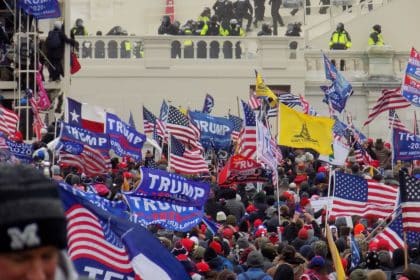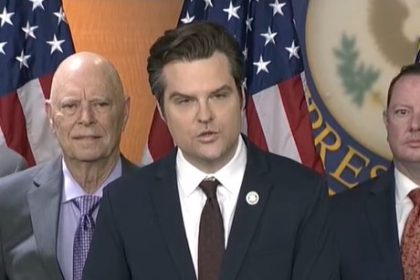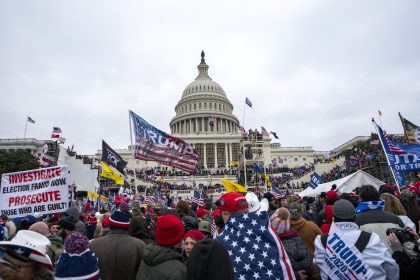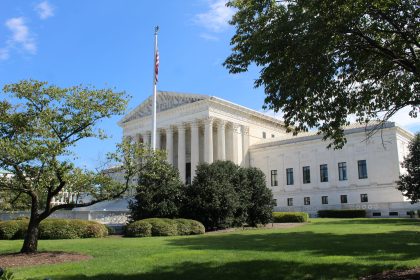Capitol Riot Hearings Raise Questions of Presidential Power
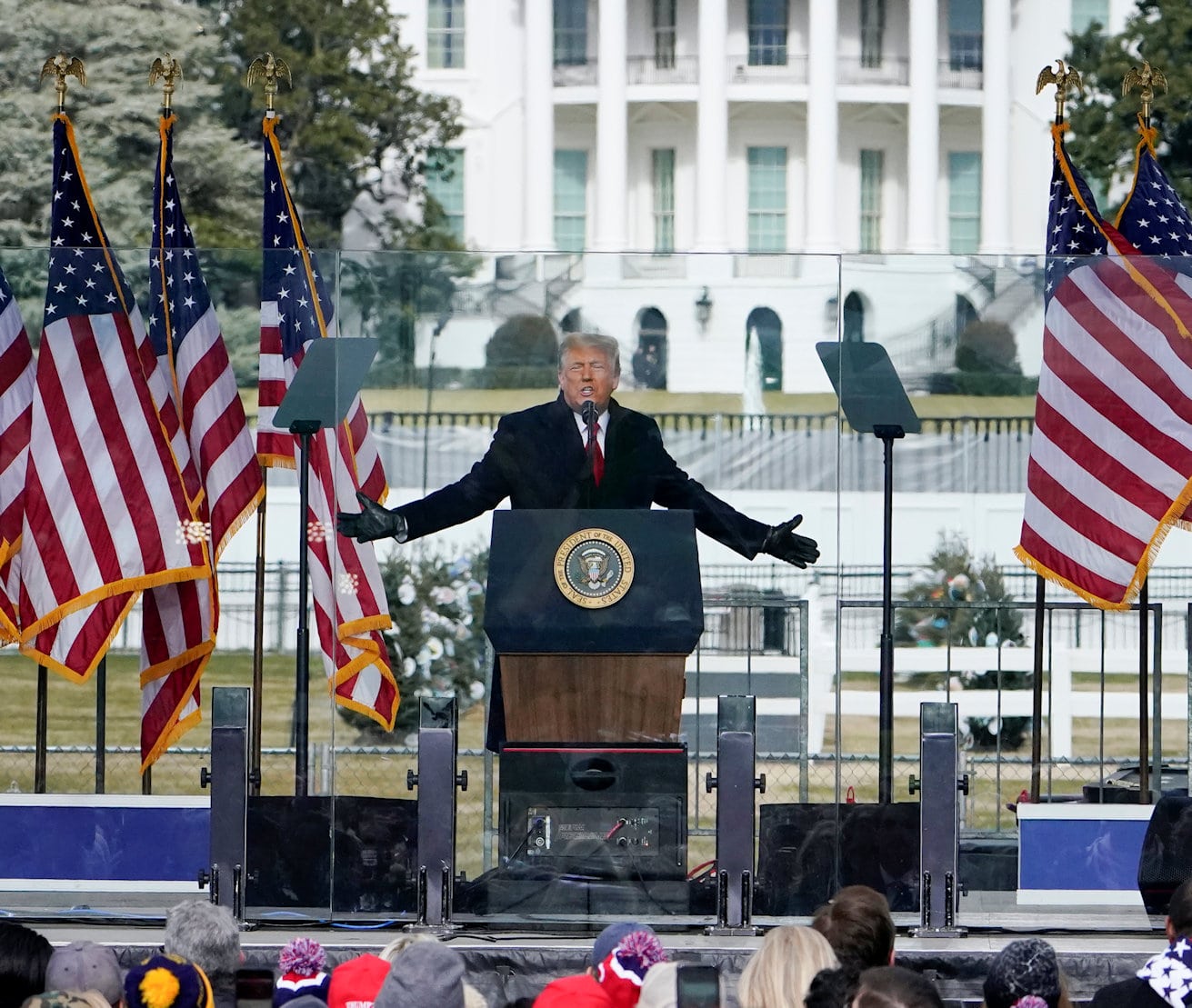
WASHINGTON (AP) — The House Jan. 6 committee’s investigation of the aftermath of the 2020 presidential election and the events leading up to the U.S. Capitol insurrection is raising questions about former President Donald Trump’s role and whether he committed crimes.
The various schemes and talking points that witnesses have revealed also highlight what a president has the authority to do.
Government and legal experts say the bigger question is: Can further limits be put on presidential authority to make sure there are no repeats of 2020 in future administrations?
WHAT LAWS FORM THE BASIS FOR THE PRESIDENTIAL POWERS IN QUESTION?
There are two primary ones: the Insurrection Act, first enacted in 1792, and the National Emergencies Act of 1976.
The Insurrection Act is a long-standing presidential power that gives the president wide latitude to use military forces to stop a rebellion or domestic violence. Military forces are normally barred by the Posse Comitatus Act from joining in civilian law enforcement actions.
Elizabeth Goitein, senior director of the liberty and national security program at the Brennan Center for Justice, said the insurrection “in my opinion” could have been the catalyst for the president to invoke the act and bring in the military to escort congressional lawmakers out of the proceedings for their safety. “That doesn’t mean Donald Trump would have been the president, but it would have thrown a wrench in the works,” she said.
Under the NEA, dozens of statutory authorities become available to any president when national emergencies are declared. They include everything from severe weather responses to civil disorder. Congress can vote to terminate the declaration, but if the president vetoes, a two-thirds supermajority is required to overcome the veto.
“The statute itself doesn’t say what an emergency is. It leaves it up to the president,” said Chris Edelson, assistant professor of government at American University. “That means an unscrupulous president can use it” for ill purposes. It is up to Congress to rein in the president, he said.
WHAT ISSUES WERE RAISED AT THE LAST HEARING?
In the most recent hearing, former White House counsel Pat Cipillone discussed a rancorous meeting in which Trump’s outside legal team brought a draft executive order to seize the states’ voting machines. In his testimony Cipollone said the plan was a terrible idea. It had been floated before.
“You can’t preemptively seize voting machines. If there was a reason to do so, you need a court order,” Edelson said.
At the same meeting, there were a range of theories pushed, including invoking martial law. It was an idea Trump adviser Michael Flynn had floated before, along with seizing the voting machines.
WHAT ABOUT MARTIAL LAW?
Under the Insurrection Act the president can call on the military in certain circumstances, but they are intended to support civilian law enforcement. One example was the use of the military during the 1992 Los Angeles riots. Under martial law the military takes over the function of the civilian government.
Martial law, said Goitein, “gives me nightmares” because the law is unsettled. “The whole concept of martial law, there’s not even an agreed upon definition of what it is,” she said.
ARE THERE GUARDRAILS TO PREVENT FUTURE PRESIDENTS FROM ABUSING POWER?
The House passed the Protecting Our Democracy bill last year and sent it to the Senate. The legislation would prevent presidents from pardoning themselves, strengthen reporting requirements for campaigns, and clarify and enhance criminal penalties for campaigns that accept foreign information sought or obtained for political advantage.
The Senate has taken no action on the proposal. Without congressional action, the questions over presidential power and its expansiveness remain open. “The Constitution assumes that checks and balances work. If the president goes too far, Congress will rein him in,” said Edelman.
In Trump’s case, Congress has not shown an appetite for doing that.


















